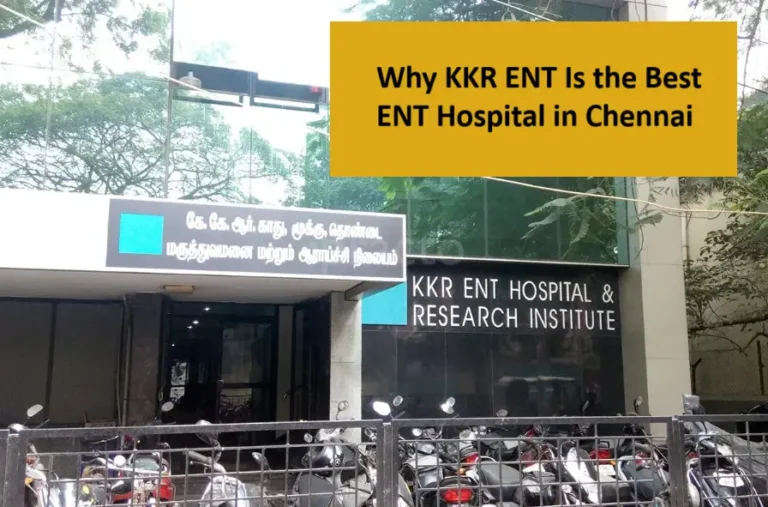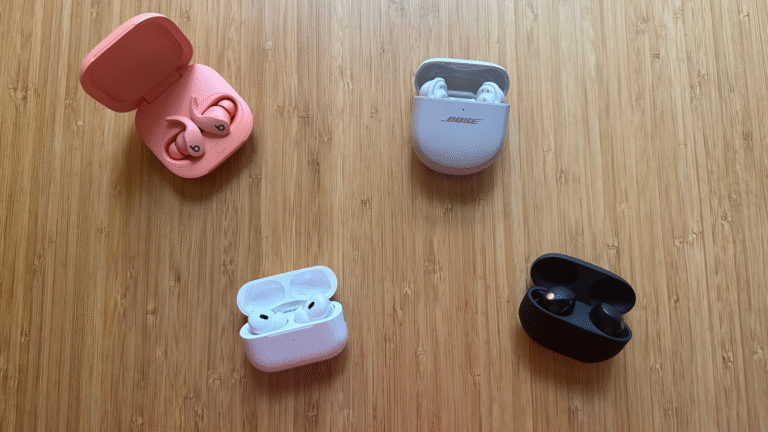

Niloufer Hospital, located in Red Hills, Lakdikapul, has launched AmruthSwasthBharath, the first artificial intelligence-based diagnostic tool in India designed for non-invasive blood testing. The launch event was attended by healthcare leaders including Prof. Dr Ravi Kumar, Superintendent of Niloufer Hospital; Prof. Dr Santhosh Kumar Kraleti from the Sushena Health Foundation and Member of the National Medical Commission; Karuna Gopal, President of Foundation for Futuristic Cities and BJP National In-charge for Women Policies & Research; Dr Santosh Kraleti of the National Medical Commission; and Harish Bisam, Founder of Quick Vitals.
The AmruthSwasthBharath tool, developed by Quick Vitals, uses deep learning and AI technologies integrated with Photoplethysmography (PPG) to deliver diagnostic results in less than a minute. The technology enables contactless testing through camera-enabled smartphones and tablets, or continuous monitoring using contact-based PPG sensors.
Prof. Dr Ravi Kumar said, “AmruthSwasthBharath will revolutionise health diagnostics in India. It is particularly beneficial for children and pregnant women, facilitating regular and accessible health assessments. We take pride in being the first hospital in India to implement this transformative initiative.”
Harish Bisam added, “With AmruthSwasthBharath, health monitoring has become as simple as taking a selfie. Our mobile face scanning technology offers rapid access to crucial health information, effectively addressing existing barriers to healthcare access.”
The technology enables the measurement of multiple health indicators, including blood pressure, oxygen saturation (SpO2), heart rate, respiration rate, heart rate variability (HRV), stress levels, hemoglobin A1c, pulse respiratory quotient (PRQ), and autonomic nervous system activity. Health checks are completed in 20 to 60 seconds.
Dr Santhosh Kraleti commented, “Technology goes hand in hand to eliminate anaemia. With tools like AmruthSwasthBharath, we can identify at-risk populations swiftly and deliver targeted interventions, ensuring better health outcomes for vulnerable groups like women and children.”
Data security and privacy protocols are integrated into the system, which supports multi-user registration and secure data sharing with authorised healthcare providers. This ensures compliance with regulatory standards while facilitating evidence-based interventions.
During the launch, medical professionals witnessed live demonstrations of the technology. The tool is intended to support both quick assessments and continuous monitoring, enhancing diagnostic coverage in various clinical and non-clinical settings.
Harish Bisam confirmed expansion plans for the tool, saying, “Our goal is to make these vital health assessments universally accessible and to improve the overall healthcare delivery system in India.” Following Niloufer Hospital, the testing tool is expected to be introduced in Maharashtra.






